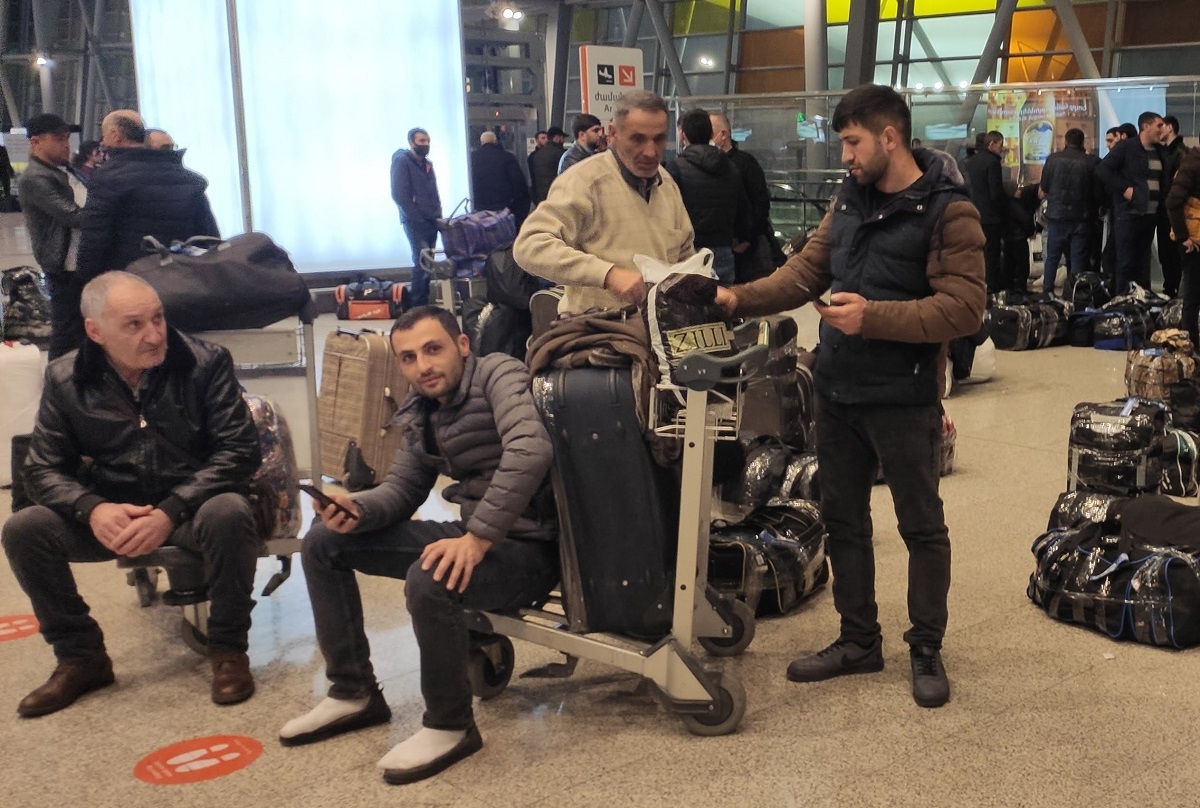Armenia joins international financial data exchange: Russian citizens voice concerns
Is Armenia safe for Russian citizens
Armenia will begin sharing information on foreign taxpayers with 47 countries. This means that Armenia will provide data on foreign nationals with accounts in local banks, while also receiving financial information from abroad about Armenian citizens.
The mechanism is being launched for the first time. The State Revenue Committee announced that the exchange of account data will take place on 30 September.
Officials in Yerevan stress that the system will help identify undeclared income and profits earned by Armenian citizens.
But the news has caused alarm among Russian nationals living in Armenia. Russia is one of the 47 countries involved in the scheme, and many Russians who relocated there fear that the authorities in Moscow could treat any financial transactions as criminal offences, potentially opening the door to prosecution. Armenian human rights groups have echoed these concerns.
The list of participating countries includes several European states, as well as Hong Kong, the UK, Ireland and a number of offshore jurisdictions. Armenia will not exchange financial data with Azerbaijan or Turkiye, as it has no diplomatic relations with either country.
- “Armenia without Russian boots”: calls grow for withdrawal of Russian military base
- “Silence the enemy’s voice”: Protesters in Armenia demand shutdown of Russian TV channels
- Moscow attempting ‘Ivanishvili 2.0’ operation in Armenia, says analyst
Yerevan signed up to the reporting standard in 2023
As a member of the Organisation for Economic Co-operation and Development, Armenia joined the Common Reporting Standard for automatic information exchange in 2023. This year, Yerevan will both receive and transmit such data for the first time.
“The aim of joining the system is to make information about the global income of our residents available to Armenia,” explained Nairui Avetisyan, head of the international taxation department at the State Revenue Committee.
In an interview with Radio Azatutyun (RFE/RL’s Armenian service), she stressed that the mechanism helps countries boost tax revenues and ensure transparency:
“Now everyone knows that if they open an account in the Virgin Islands, sooner or later the tax authorities in their country will receive that information.”
“The greatest danger comes from Russia’s repressive system”
Anastasia Burakova, a lawyer and founder of the Ark project, told Armenian journalists what Russians living in the country fear most.
She said their concern is not financial transparency or tax evasion:
“People are worried that even the simplest financial transactions in Russia can be treated as crimes and used as grounds for criminal prosecution.”
According to her, the biggest threat comes from Russia’s repressive mechanisms:
“Any money transfers, even sending money to relatives in Ukraine, can be dangerous and lead to long prison terms.”
Burakova gave another example, noting that Meta has been designated an extremist organisation in Russia. In her view, using an Armenian bank card to pay for advertising on Facebook could be interpreted in Moscow as “financing an extremist organisation.”
However, Russians who have lived in Armenia for more than six months are considered tax residents of Armenia, not Russia. The financial data of Armenian residents will not be shared with the Russian tax authorities.
Comment
Human rights activist Artur Sakunts said he was against handing over any information about Russian citizens to Moscow:
“Whether it’s economic, financial or political — it doesn’t matter. The transfer of any data must stop, because Russia will use this information as a tool to put pressure on its political opponents.”
Is Armenia safe for Russian citizens




















